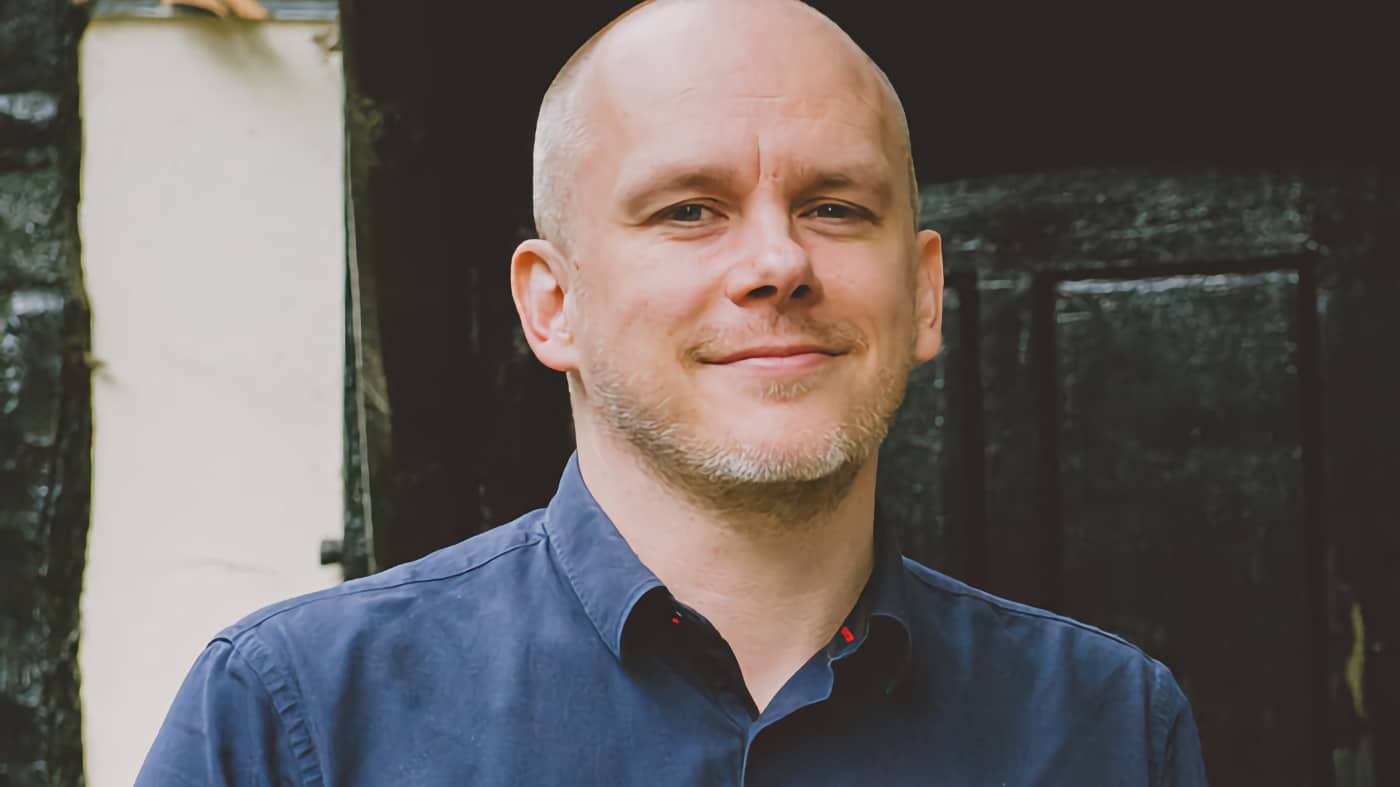You are viewing your 1 free article this month. Login to read more articles.
FutureBook: Q&A with Nathan Hull
Nathan Hull is chief strategy officer at Beat Technology, a company specialising in building tailor-made subscription and retail platforms for publishers, including Fabel’s offer in Norway, Skoobe’s in Germany and Chapter’s in Denmark.
Nathan will chair the FutureBook panel “Tune Up: Building a Competitive Landscape with Audio” on Thursday 19th November at 10.20 a.m.
You’ve been a decade in this business; what have you learned?
Patience in publishing is key.
With a knowing smile, we can all acknowledge that the publishing industry isn’t the fastest. But as more and more players enter the storytelling space with a rapid-pace mentality, I’m not sure how much longer publishers can stay this way. Podcast creators, audiobook-only series, Netflix thrillers—they are all written, edited, recorded and released at a frightening pace.
It also critical to consider all the roles in the chain you’re going to affect. What does my business proposition mean to the publisher? To the author? To the agent? To the reader? If you can’t answer each of these confidently and positively, you probably don’t have a great proposition. Lastly, always impart your knowledge and information first-hand; don’t fall foul of second- hand news. But of course, mostly I’ve learned that people love stories. In whatever format, they can be life-changing.
What do you wish had been done differently in your period at Penguin?
It’s grandiose and rather simplistic, but I’d like to have influenced the creation of a broader retail landscape for audiobooks earlier on, as I always believed in the power and influence of the format. In the UK the retail choices are still pretty much where they were five or six years ago. There were, and still are, many factors to consider and hurdles to navigate, but essentially it’s very clear there are not enough outlets in the UK for monetising audiobooks widely enough, which doesn’t make for a healthy and balanced retail environment.
You are focused on audiobooks now; why is it the format currently most on the rise and most discussed?
The human voice is such an emotionally effective way of imparting a story, and the ways in which people can listen are manifold, so it’s a very powerful combination. It’s a format that enables people to be entertained while multitasking and there are lots of exciting methods to market it digitally, too. Coupled to that, generally people are listening to more spoken-word radio and podcasts, and the various platforms are increasing marketing spend substantially to retain market share. Most of the noise and growth of the format has actually come from outside the US and UK, with foreign platforms applying pressure on the publishers in the UK and the US and thereby raising the format’s capital.
The title of your panel is how to “build a competitive landscape”—what’s the answer?
As we’ll hopefully learn from the panelists, the answer will be different in each market. But some commonalities that most people should recognise will be: having a breadth of business partners to battle the monopolies; that publishers shouldn’t sign away their rights to platforms as a short-term solution, otherwise they have no catalogue longer term; and, perhaps, for a few, go direct-to-consumer.
Why are publishers outside the UK and the US more comfortable in exploring these new models—what is inhibiting the others?
E-books weren’t a focus or distraction in some markets (such as the Nordics), so those countries were able to move straight into subscription concepts and new business modelling for audiobooks. While the world focused on e-books—which ended up plateauing so early—audiobooks were afforded a lot more room for experimentation, and therefore they thrived.
The US and UK are reliant on Amazon and Audible, so the vast considerations around that dilemma has largely put paid to most new models entering those markets successfully. That said, Germany is an Amazon/Audible market, yet it has also widely supported the introduction of new business models for e-books and audiobooks. With Amazon’s semi-pivot to all-you-can- eat subscription, this conversation has been thrown into sharp focus, and it will be fascinating to see this play out in 2021.
I would also say there has always been a presumption that subscription equals the revenue share model, which is often seen with an understandable scepticism in many markets. The more mature audio subscription markets, though not all platforms, are now seeking to push beyond that with fairer remuneration models, such as calculations by hours played or minimum payment thresholds per listen. The devil is in the detail, and publishers should push hard for the fairer models — they are certainly out there.
You have been around the start-up sector for a while now. What do start-ups need to know about the books business?
Be absolutely clear on your business model and remuneration method. Give the publisher confidence you’re in it for the long-haul, so their efforts will be worth it. Knowing how the rights landscape works is crucial. Be an invaluable authority on your subject. And there’s no longer room for MVPs—that time has passed, so be bulletproof from the outset.










